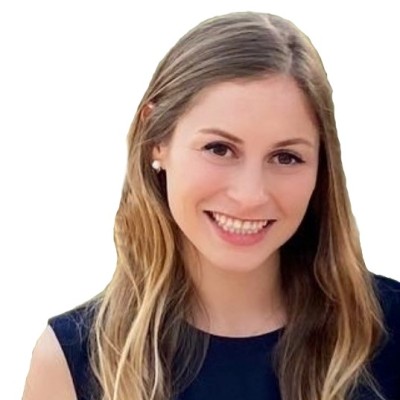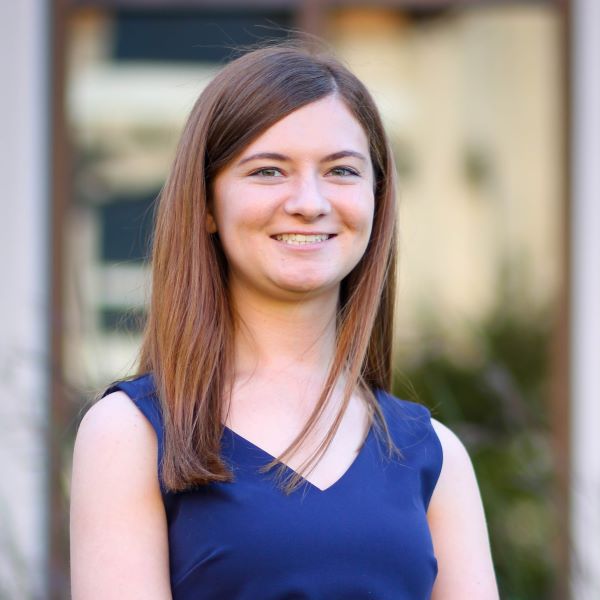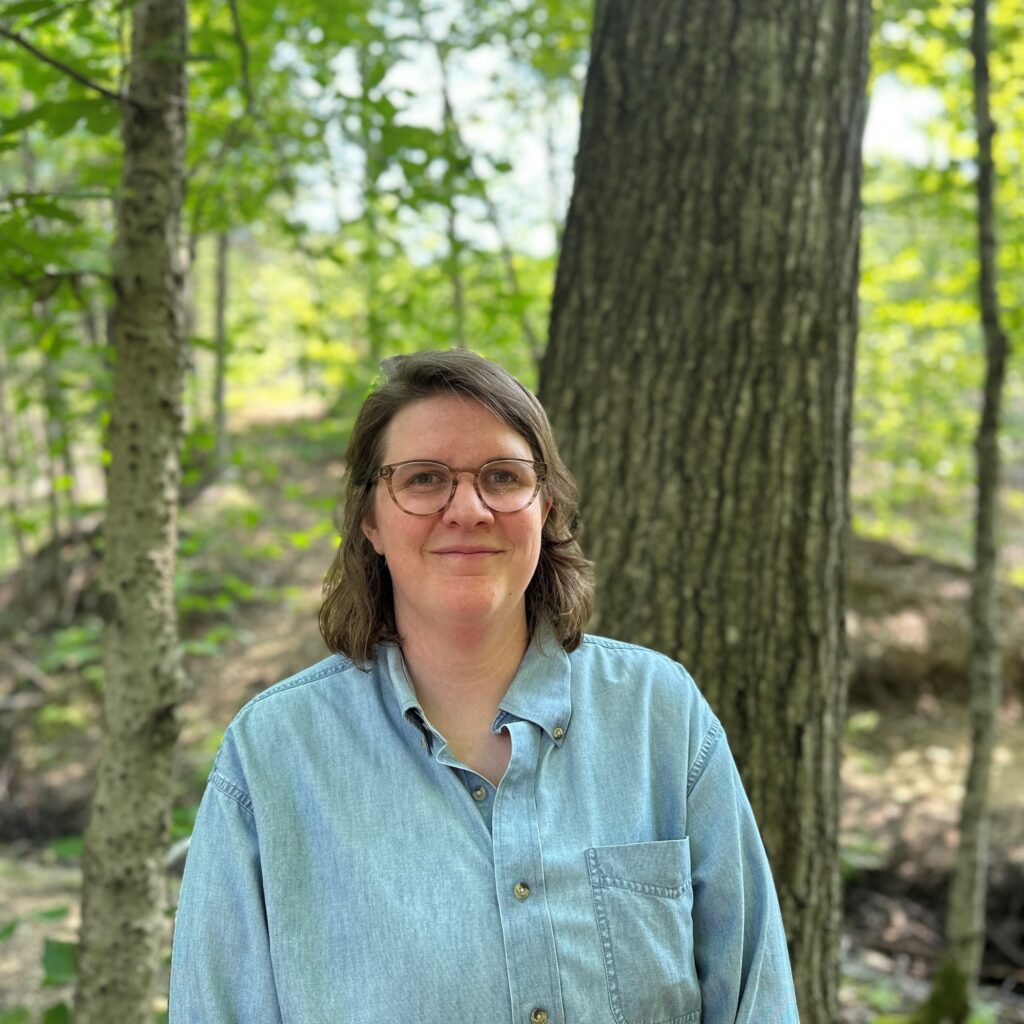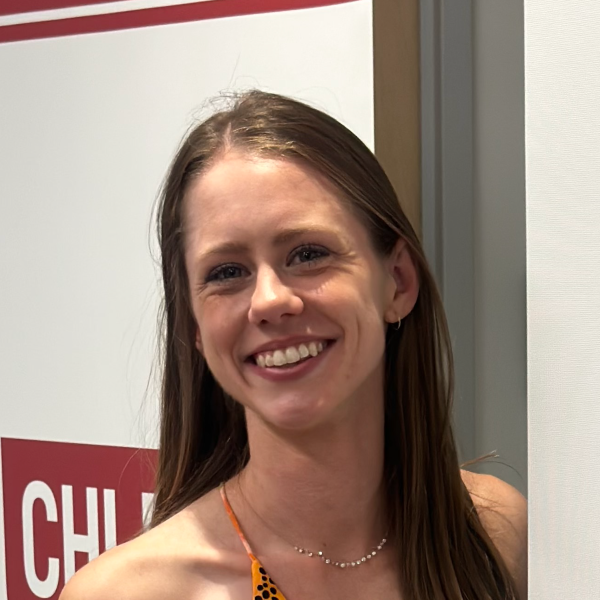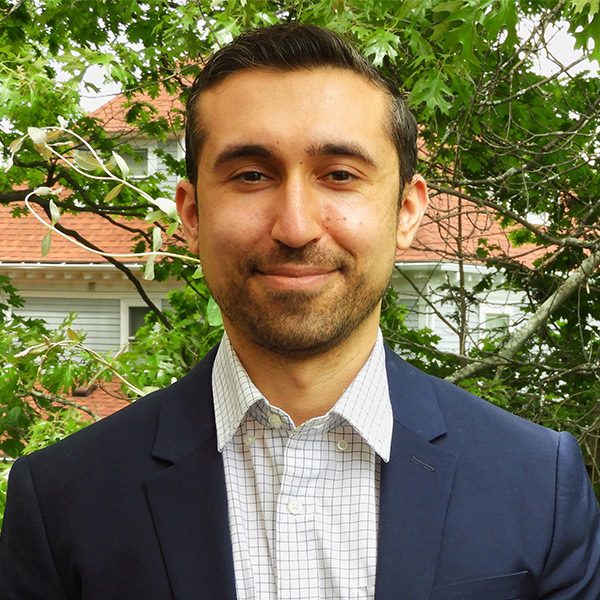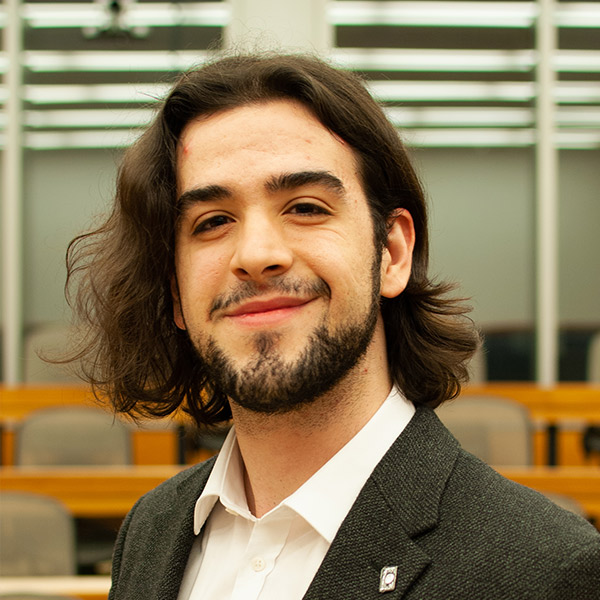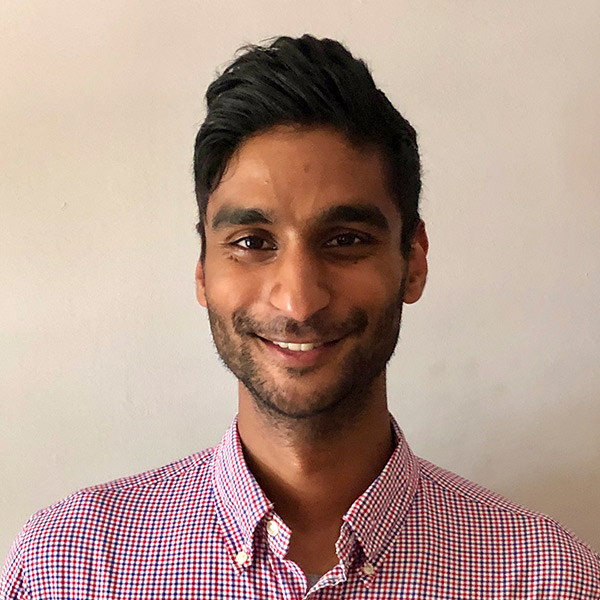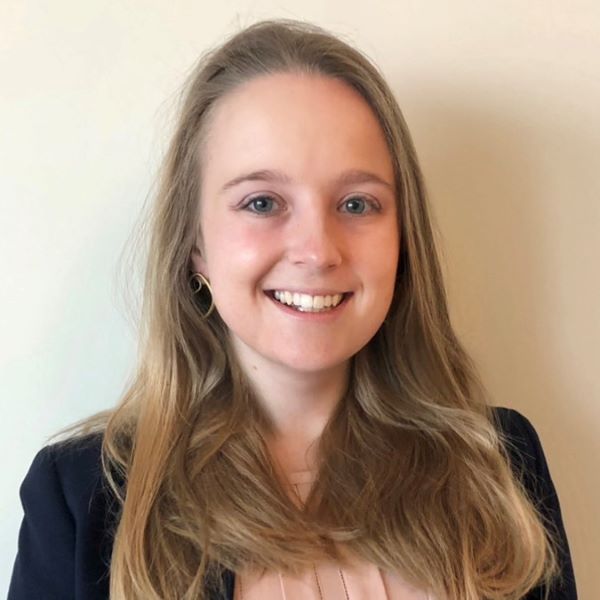We engage students in topical food law and policy issues through our clinic and courses.
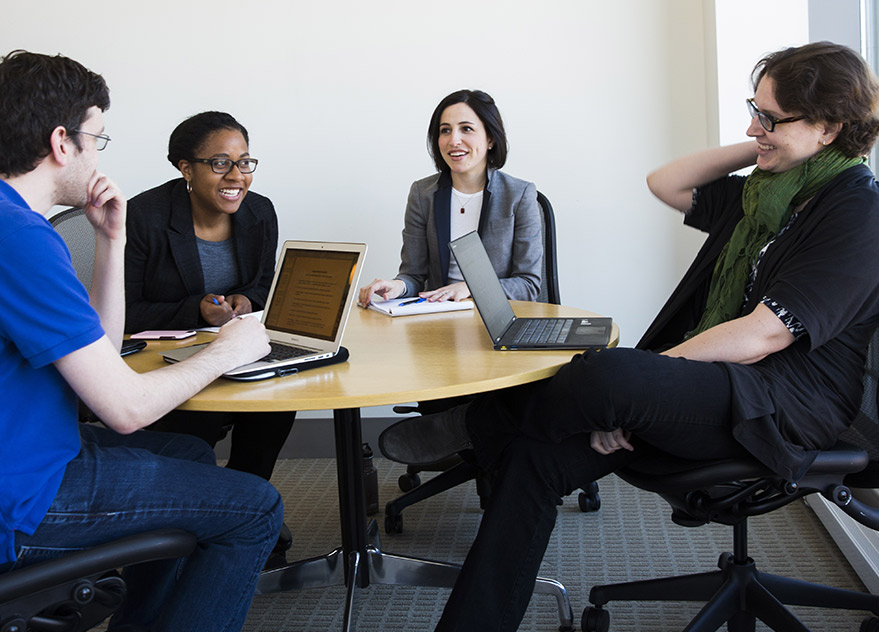
Food Law & Policy Clinic and Courses
The Food Law and Policy Clinic is a clinical teaching program of Harvard Law School. Our expert faculty and clinical team lead and teach several Harvard Law School courses and an associated clinic, providing students with comprehensive learning opportunities in food law and related policy advocacy.
Food Law and Policy Clinic
Semesters Offered: Spring and Fall
Clinical Credits: 3, 4, or 5
The Food Law and Policy Clinic (FLPC) provides students with the opportunity to practice using legal and policy tools in order to address the health, environmental, and economic impacts of our food system.
Students enrolled in the clinic get hands-on learning experience conducting legal and policy research for individuals, communities, and governments on a wide range of food law and policy issues. For example, students have the opportunity to: comment on major federal regulations, such as the Food and Drug Administration rules impacting food safety on the farm; identify and promote creative policies to reduce the 40% of food that goes to waste in the U.S.; train and empower food policy councils and other community coalitions to achieve their food system goals; and research and recommend policies increasing access to healthy food at all levels of government.
Students develop a variety of transferable skills in areas such as research, writing, creative problem-solving, project management, oral communication, and leadership. Specifically, students have opportunities to draft memoranda, white papers, and regulatory comments; conduct statutory interpretation; compose legislation and regulations; petition for agency rulemaking or enforcement actions; conduct interviews and fact-finding; and prepare and train communities about civic engagement, the food system, and policy change.
Courses
Food Law and Policy Seminar
Taught by Professor Emily Broad Leib
Semesters Offered: Fall and Spring
Course Credits: 2
The Food Law and Policy Seminar presents an overview of topics in food law and policy, and examines how these laws shape what we eat. In the past few years, major news stories have covered the U.S. farm bill, labeling of genetically engineered food products, sugar-sweetened beverage taxes, efforts to regulate school meals, and the misleading and unregulated terrain of expiration dates. In order to better understand these issues, their legal underpinnings, and relevant policy considerations, we examine food policy via the lenses of farmers, consumers, and corporations, as well as using diverse disciplinary perspectives.
Policy Advocacy Workshop
Taught by Professor Emily Broad Leib and Sharon Block.
Semester Offered: Spring
Course Credits: 2
The Policy Advocacy Workshop is a hands-on seminar that explores the methods, tools, and skills used to conduct legislative and regulatory advocacy. Many law students are interested in using their legal education as a pathway to engage in policymaking. This course provides students with a range of active opportunities to learn about, discuss, and practice written and oral policy advocacy via simulations and assignments.
Food System Workers Reading Group
Taught by Emma Scott
Semester Offered: Spring
Course Credits: 1
This reading group provides an overview of different sectors of the food system and how law and policy impact workers employed in those sectors. As the COVID-19 pandemic made palpable, the U.S. food system depends on the essential labor of these individuals. Despite the critical role they play, food system workers face some of the worst wages and working conditions in the country. A core facet of the reading group will be examining the role race and racism have had, and continue to have, in shaping this system.
Accessibility
Harvard Law School is committed to the full inclusion of students with disabilities in the life of the University. Students requesting accessibility resources or accommodations in any of HLS’s Clinical and Pro Bono Programs may work with Accessibility Services in the Dean of Students Office. If you are a student with a documented disability and you are requesting accommodations, please contact HLS Accessibility Services to discuss and register for accommodations.

